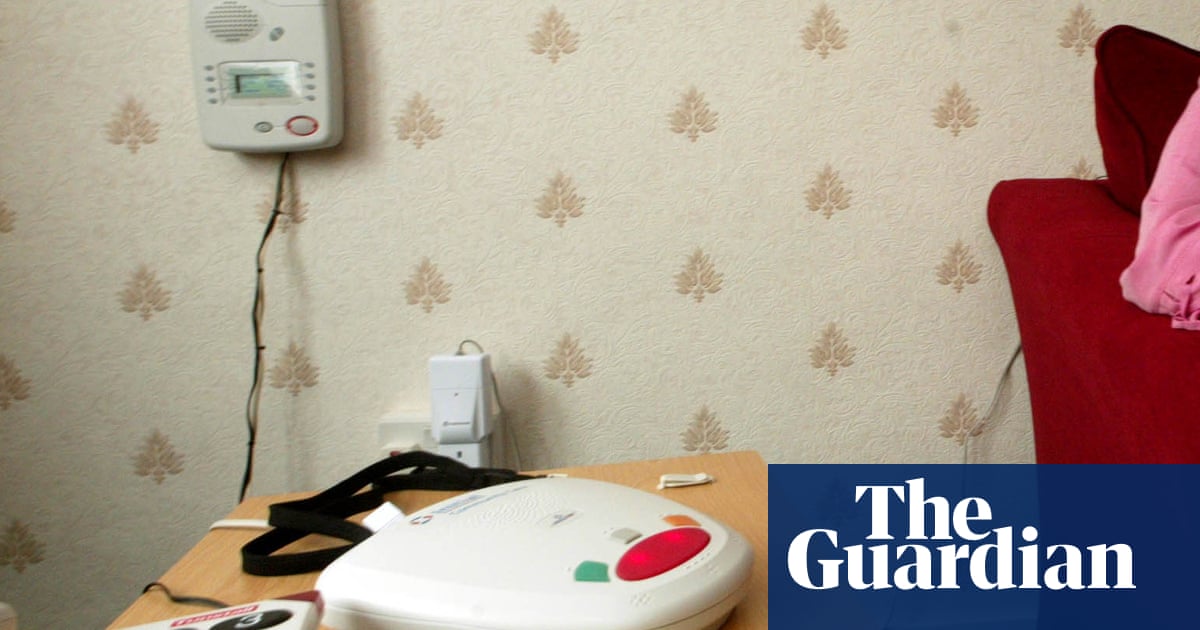
Vulnerable immigration detainees at risk of dying if they contract Covid-19 are to be placed in solitary confinement for at least three months, according to a leaked letter from the Home Office contractor G4S.
The detainees, who have either committed no crime or completed a prison sentence for a crime already committed, are facing the same “shielding” protocol as those serving a prison sentence with health conditions that put them at risk, the Guardian understands.
The Home Office is only supposed to detain people if there is a realistic prospect of removing them from the UK. Yet two people who have received letters telling them to stay in their cells for the next three months come from countries on a Home Office list of about 50 that officials cannot currently remove people to because of coronavirus.
A letter from the Home Office’s director general of immigration enforcement, Tyson Hepple, dated 26 March, says: “The Home Office is, as always, mindful of our legal obligations in respect of immigration detention to ensure that it is used sparingly and only where removal or deportation is a realistic prospect.”
The letter from G4S, sent to vulnerable detainees in Brook House immigration removal centre, near Gatwick airport, on 27 March instructs them to avoid face-to-face contact for at least 12 weeks.
It states: “Do not attend any gatherings, do not attend work, activities or the gym.” It gives no firm guarantee about access to fresh air and exercise, saying it will be arranged by officers “as the regime allows”.
While it is unknown exactly how many detainees are deemed to be vulnerable and have received letters, those incarcerated estimate that in Brook House around 80 are detained and more than 10% have received them.
One man, who served a 10-month sentence for burglary and received the letter because he has a compromised immune system, said he was very upset about the prospect of solitary confinement.
“I’m scared for my life in here. If just one person brings Covid in we could all get it. I know there is lots of Covid outside detention too but if I get it I want to die at home with my family by my side, not in a cell in Brook House,” he said.
A second man, who served a three-year sentence for grievous bodily harm, said: “I have asthma. I have good days and bad days. It will be very hard to stay in my tiny cell for three months. I know that I could die from Covid in detention 100%.”
Another detainee, who does not have underlying health issues, said many in detention had committed minor crimes or no crime at all and should be released during the pandemic.
“I’m a trained engineer. I’ve lived here for 27 years and I was convicted for cultivating cannabis plants,” he said.
Bella Sankey, director of the charity Detention Action, said: “Detention is a double and discriminatory punishment which is unjustified at the best of times and in the worst of times it’s a brewing public health disaster.”
A Home Office spokesperson said: “The high court ruled just last week that the Home Office are taking sensible, precautionary measures in relation to coronavirus and immigration detention. This is in line with the public health guidance and these measures are in place to protect staff and detainees during these unprecedented times.
“Public protection is paramount which is why we are working to maintain law and order and protect the public from high-harm individuals. This is why the vast majority of those currently in detention are foreign national offenders.”












